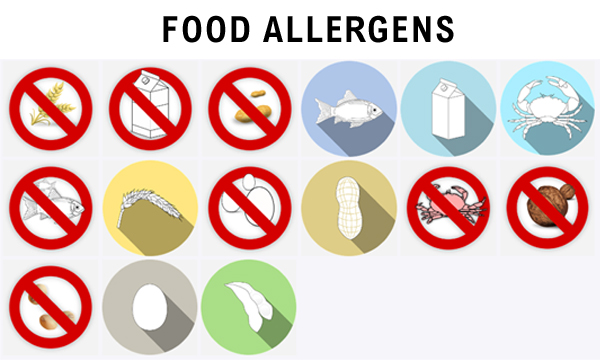Please do not stop traveling because you have a diet restriction instead, read the following tips on how to make your travels enjoyable despite restrictions.
Plan ahead.
- Research restaurants and markets at your destination using travel books and informational travel websites before you leave.
- Book accommodations with kitchenettes, apartment rentals, etc., in case cooking for yourself is necessary.
- Give airlines advanced notice of your special diet.
- Planes and trains – pack snacks and food but follow security rules for foods and liquids.
- Traveling internationally – make a list of restricted foods in multiple languages (ask your physician or research online). Perhaps, include pictures of restricted foods.
- Pack a suitcase with snacks, such as nuts, jerky, whole-food protein bars, etc.
- Digestion changes when traveling, so you may want to pack digestive enzymes.
- Make sure you take enough meds to last for a few days beyond the end of your travels.

Restaurants.
- Research the menus of the restaurants you selected online.
- Call restaurants ahead of time with questions.
- Make reservations during non-peak times.
- Make sure your waiter understands your diet restrictions.
- Traveling internationally – make a list of restricted foods in multiple languages (ask your physician or research online). Perhaps, include pictures of restricted foods.
- Pack a suitcase with snacks, such as nuts, jerky, whole-food protein bars, etc.
- Digestion changes when traveling, so you may want to pack digestive enzymes.
- Make sure you take enough meds to last for a few days beyond the end of your travels.

Other tips.
- Drink plenty of filtered water to avoid dehydration.
- Pack digestive enzymes, probiotics (helps with diarrhea), and activated charcoal (absorbs toxins).
Bon Appetit!!



